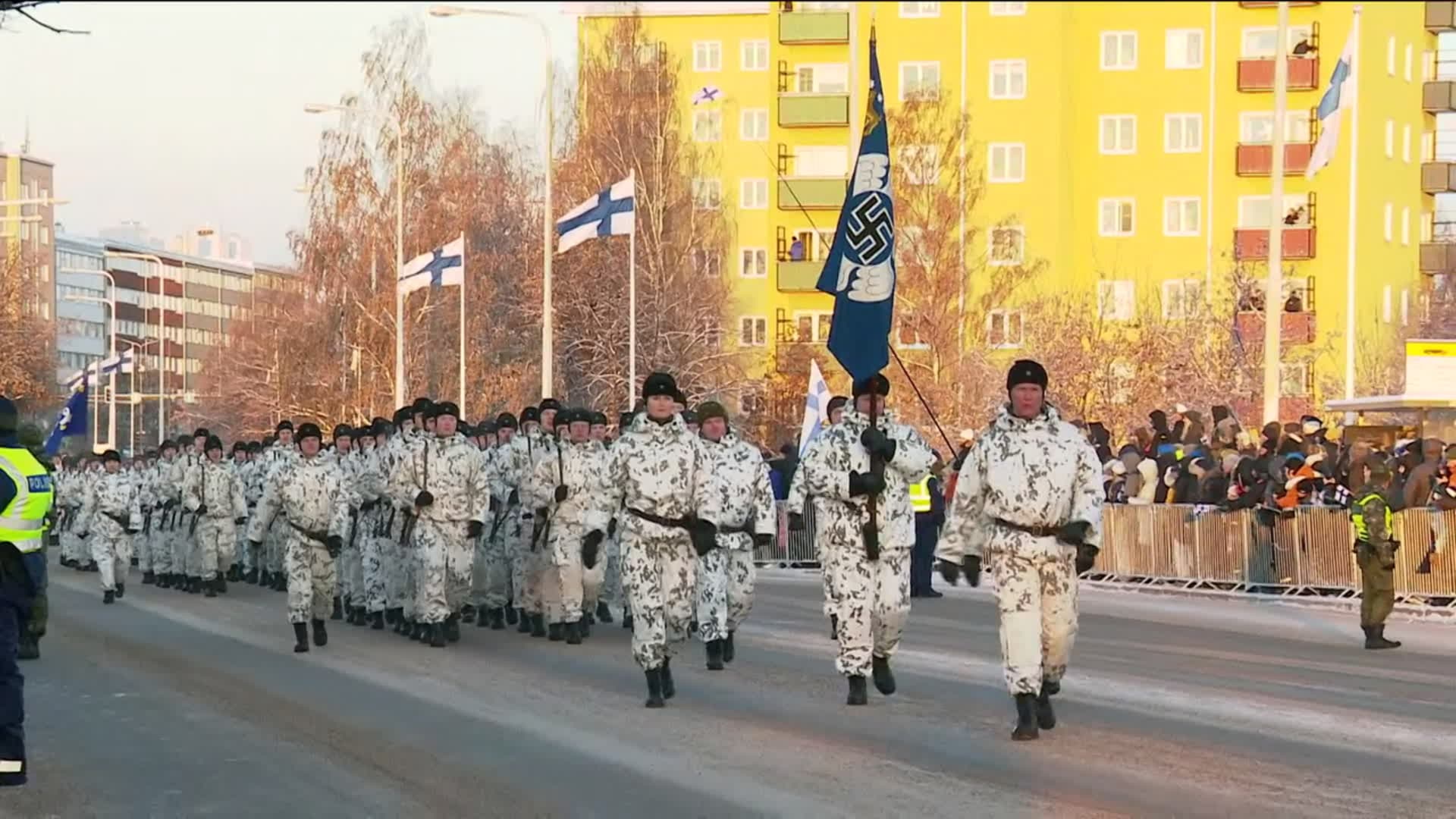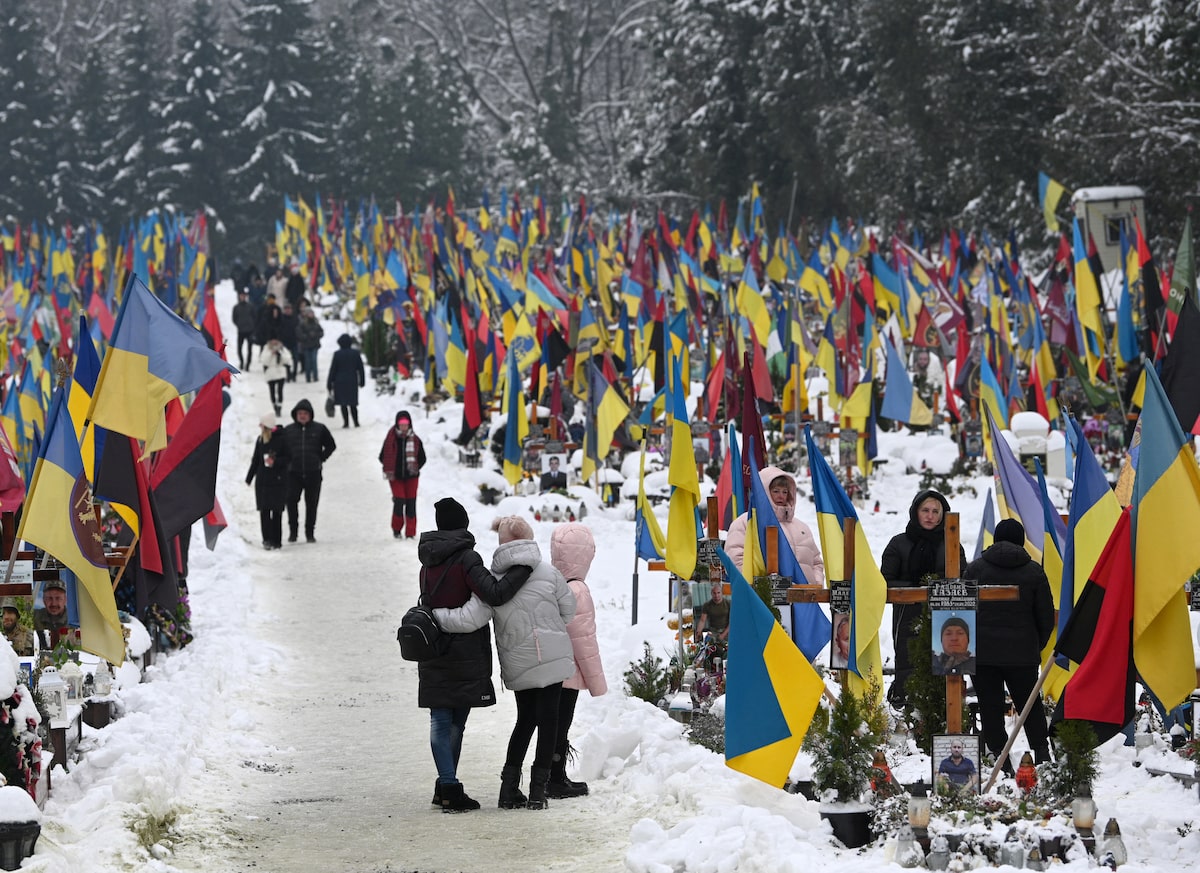bobby g
Member
But starving horses are not seen as being, while ships...Zeihan has some interesting data and when he cites data, it does tend to be real. However he runs off into odd conclusions from the data and he bases some of his conclusions are shaky data. For example he claims that the Russians quit reporting accurate birth data in 2005. I haven't been able to corroborate that anywhere.
It is true that the materials we need for a sustainable future is a broader mix of elements than what we needed for the last generation of transportation and energy generation. But the materials are there in the Earth's crust, we just haven't tapped them yet. Developing enough nickel is going to be one of the most difficult elements. Known nickel reserves are just about equal to the expected demand. We need to find new nickel deposits. They are out there, we just haven't found them yet.
Russia has a contribution to a lot of world mineral resources. It produced about 9% of the world's nickel before the war and about 5% of the copper. It's the #2 producer of platinum, but it only produces 19 metric tons a year while South Africa produces 130. Palladium is a bit closer between #1 and #2. SA=80 tons, and Russia=74 (2021 figures)
https://www.madisontrust.com/inform...t-most-gold-silver-and-other-precious-metals/
A mistake many people make when looking at the future is assume the game is zero sum. In other words the pie is a fixed size and if something disrupts one slice, everyone is hurt. There are limits to natural resources, but we haven't found all the world's natural resources. If one resource country goes offline, it will hurt short term, but other sources will be found. The pie will get larger.
Another thing Zeihan doesn't take into account is that people figure out ways around problems. He's predicting that German production will fall off a cliff in the coming decade because they are going to hit a demographic wall with a shrinking population. What Germany is likely to do is what they have been doing for a while and moving production out of Germany to other countries with a younger workforce. The United States is re-industrializing and has a fairly good pool of workers. Germany already makes cars in the US, they can make other things here too. They could also export production to other countries.
The UK could re-industrialize. Thanks to immigration the UK hasn't seen the population decline that much of the EU is seeing.
What Zeihan sees as game over scenarios are more likely just speed bumps. Germany will probably decline as a producer of goods, but the German companies will find other places to make those goods. Russia is in terminal decline for many reasons and the war has sped that up. The resources in Siberia might be offline for a while, but Moscow will likely get too weak to hold onto Siberia at some point and somebody will go in and extract those minerals. Siberia could break away from Moscow, or Siberia might be a semi-independent entity able to make their own trade deals. The wealth from these resource sales won't flow back to Moscow, but will stay in Siberia making them stronger than Moscow.
The future will likely have a number of bumps. The CCP may collapse in China causing disruptions, Russian resources could stay out of world markets after the war for a while, other countries will have to change the way they do things. But I don't think Zeihan's vision of a post global market will come to pass.
For the dominant country in the world to become isolationist would become a world disaster. If the US picked up all its toys and went home, China would run rampant.
WW I left the US as the world's dominant economy. Instead of becoming the world leader it became very isolationist. The most isolationist its ever been. As a result fascist cancers were able to sprout and grow in Germany, Italy, Spain, and Japan (Japan wasn't as fascistic, but it was an aggressively expansionist empire out to conquer large swaths of Asia). A little over 20 years after the war to end all wars ended, the world was embroiled in an even worse war. One that the US tried to stay out of for 2 years, but war eventually came to it.
The British and French contributed to this by not listening to Wilson's ideas for bringing about a peace. They wanted to continue the Great Game.
If the US had the kind of role post WW I that it has had since WW II, Germany probably would have been stopped a lot sooner than it was. I'm not as sure about Japan being stopped sooner, but the War in the Pacific probably would have happened sooner when Japan was weaker.
When you're a small power with a small population with neighbors who don't want to hurt you, you can afford to be isolationist and do fine. Switzerland has been isolationist for more than 500 years. Sweden was, but the war in Ukraine showed them that it wasn't going to work anymore.
Big powers can't afford to be isolationist. It would be like all the billionaires in the investment markets all decided to cash out and stuff it in their mattresses. It would cause financial havoc.
It's in the Ukrainian constitution that elections are not held during a time of martial law. Perun commented on that this week. He pointed out a lot of countries do that and Britain did not hold scheduled elections in 1916 or 1940 because of WW I and WW II.
True, but the context here is to take something other than a human being into the custody of the authorities. US English uses "arrest" to refer to humans being taken into custody, but when we talk about anything else being taken by authorities we use the term "seize". We don't use "arrest" for animals taken by authorities either. If authorities take animals who are in an abusive situation, nobody says "animal control arrested three starving horses today".
Bottom line - a term of art




/cloudfront-us-east-2.images.arcpublishing.com/reuters/N455E5DO2VJD7EBDAJXZ5MCTTI.jpg)
